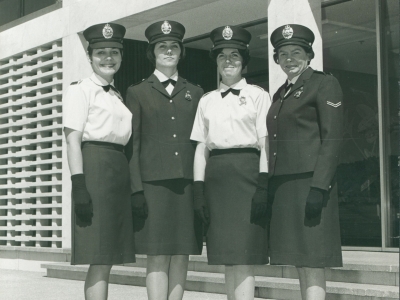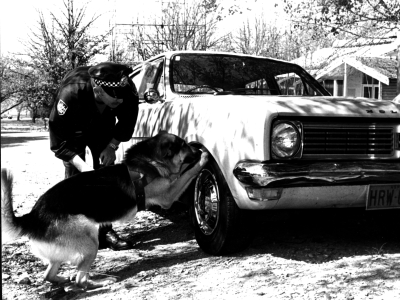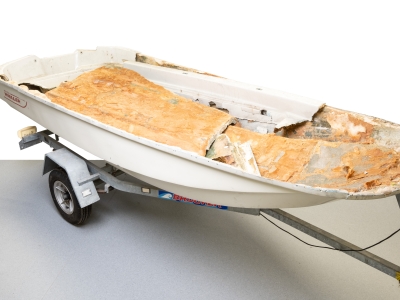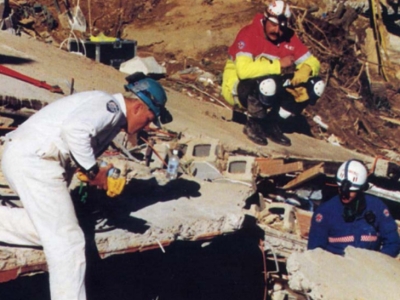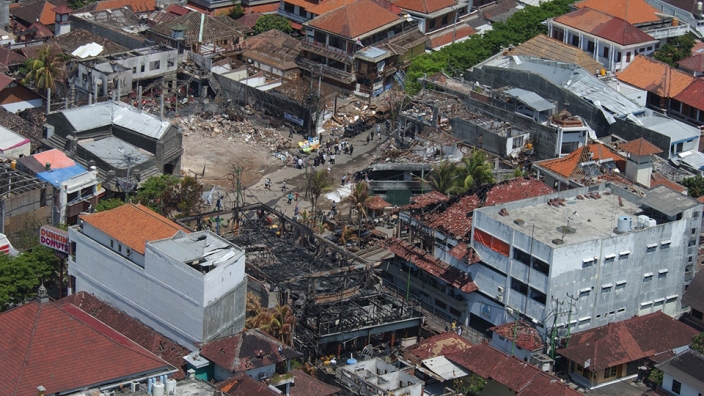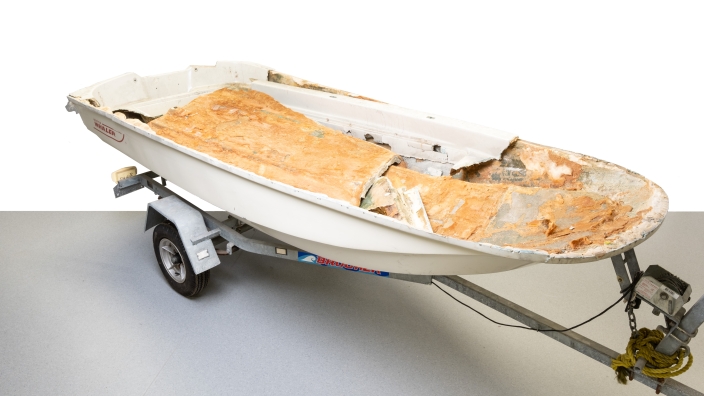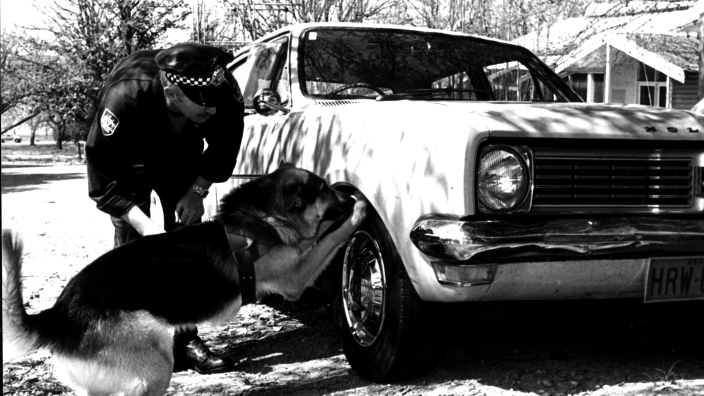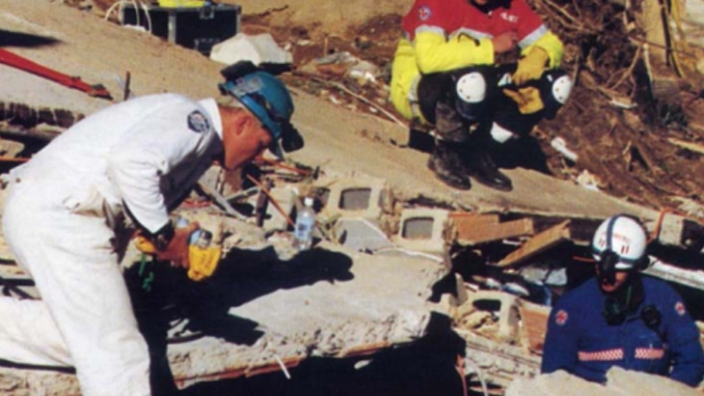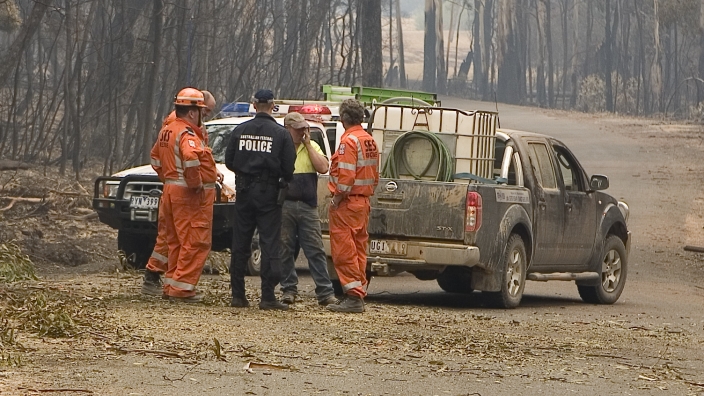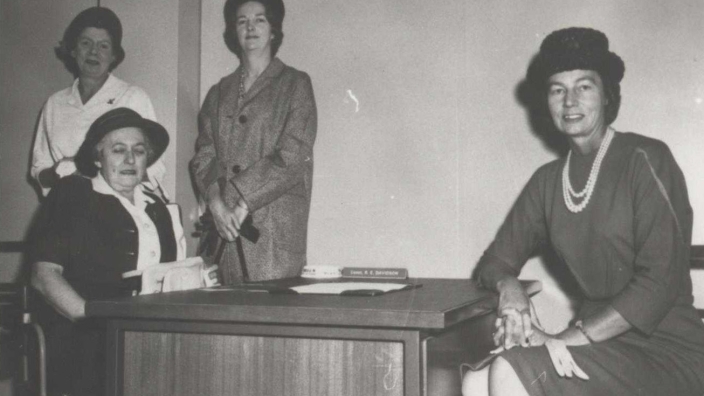Our history
The catalyst for the creation of the AFP is often cited as the bombing of the Hilton Hotel in Sydney, on 13 February 1978, which occurred during the first Commonwealth Heads of Government Regional Meeting. The Hilton bombing was considered the first significant terrorist incident on Australian soil and prompted a series of changes to the Commonwealth policing, intelligence and security landscape.
Following the Hilton Bombing, Sir Robert Marks (former Commissioner of UK Metropolitan Police) was appointed to conduct a review into police, protective security and counter-terrorism resources of the Commonwealth. In response to the findings of this review, the Australian Federal Police Act 1979 (AFP Act) was enacted by Parliament. This gave effect to the Government’s policy to create a single Federal Policing agency, incorporating into it the existing Commonwealth Police, ACT Police and Commonwealth Narcotics Bureau.
The AFP commenced operations on 19 October 1979 under its first Commissioner, Sir Colin Woods KCVO CBE QPM.


